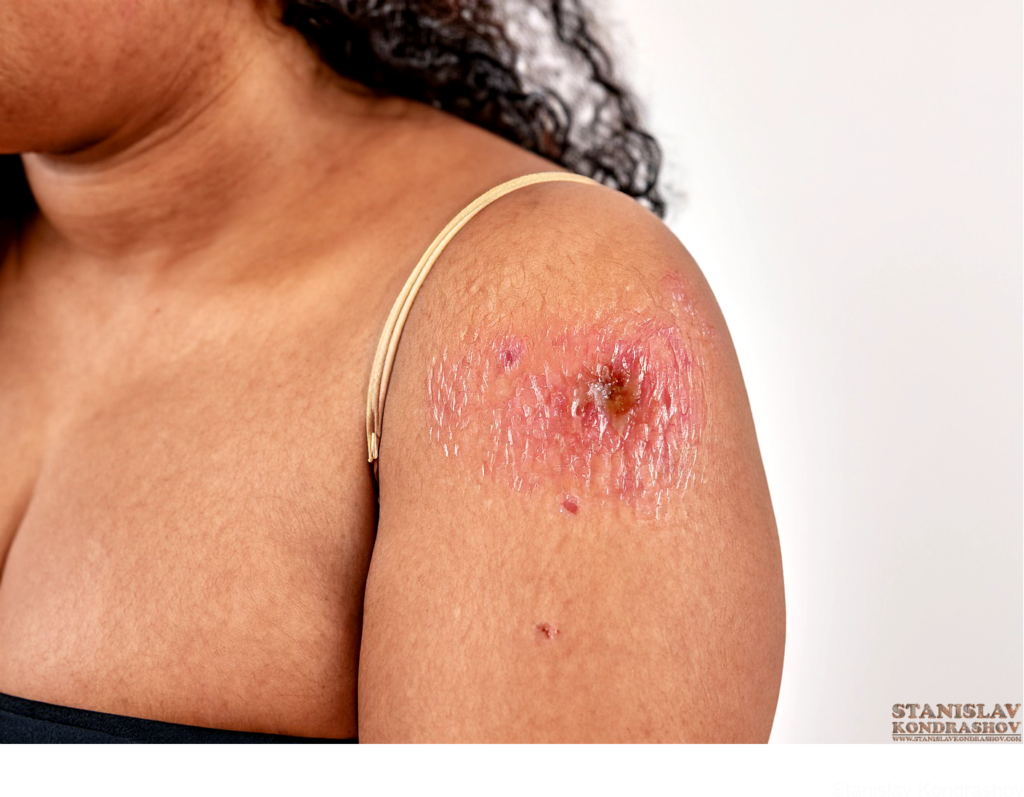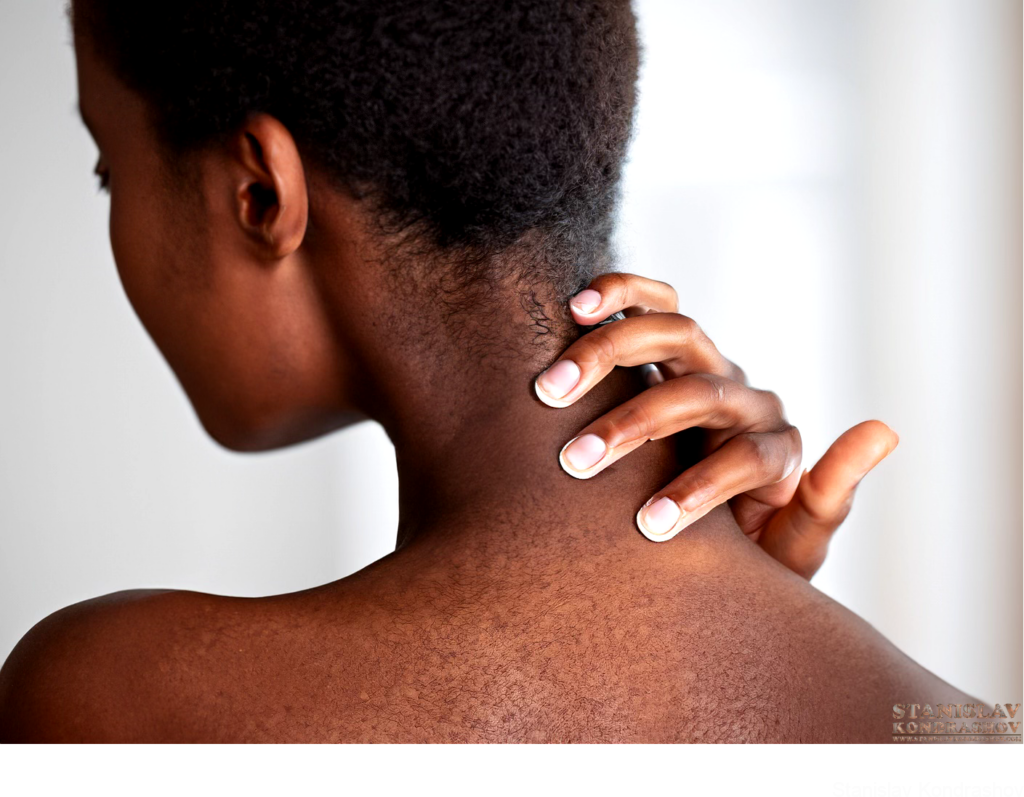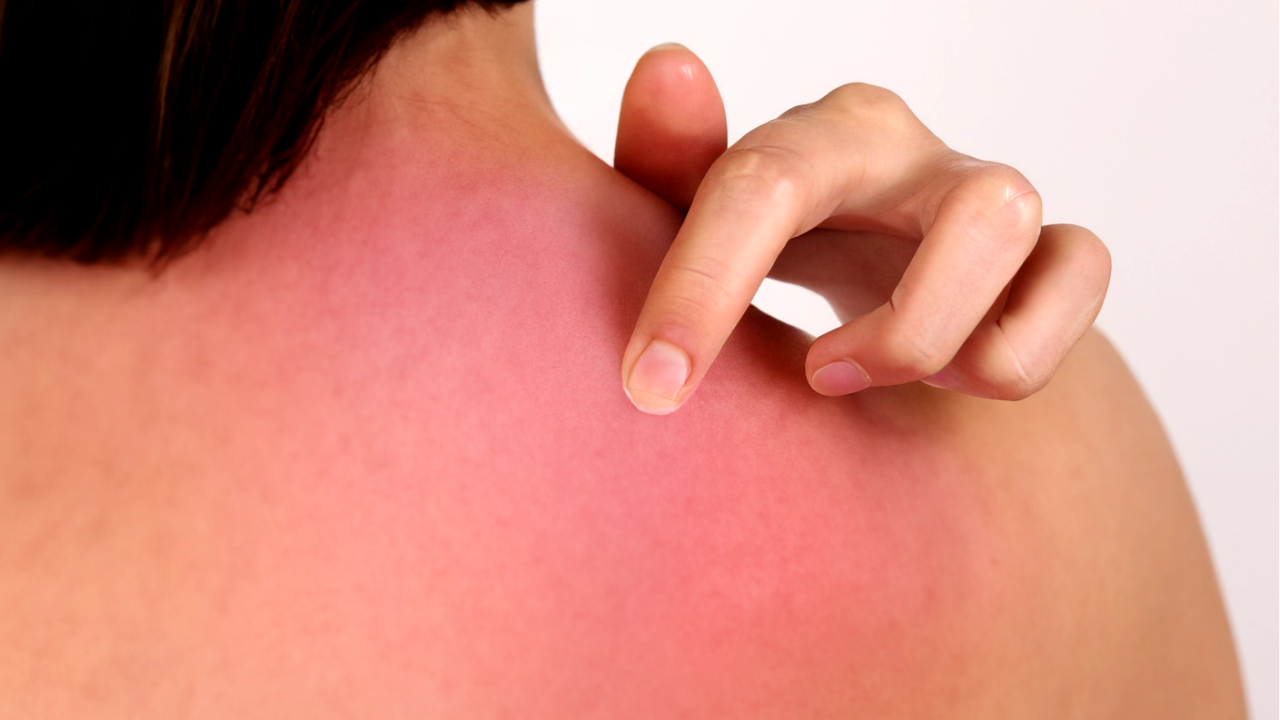It’s a sensation as old as time, yet as puzzling as any modern medical mystery: the itch. That irksome, often relentless urge to scratch is something we’ve all experienced, but what really triggers it? Itching, scientifically known as pruritus, can range from a mild annoyance to a symptom of something more significant. Let’s scratch the surface of this common yet curious phenomenon and explore the triggers that set our nerves tingling.
Skin Deep: The Common Culprits
The most straightforward cause of itching is skin irritation. Dry skin, often exacerbated in winter months, is a frequent offender. Environmental factors like heat, cold, and humidity can also play a role, as can contact with irritants like soaps, chemicals, or plants (think poison ivy).

The Bug Bite Itch
Insect bites and stings are notorious for causing itching. The body’s response to the saliva or venom of an insect often results in an itchy bump or rash, a small price to pay for our immune system’s vigilance.
Allergies: More Than Just Sneezes
Allergic reactions can manifest as itchy skin. Whether it’s a reaction to food, medication, or an environmental allergen like pollen or pet dander, allergies can trigger histamine release, leading to that all-too-familiar itch.
The Underlying Issues
Sometimes, an itch is more than just skin deep. Medical conditions like eczema, psoriasis, liver disease, kidney failure, and thyroid problems can have itching as a symptom. Even psychological factors like stress and anxiety can manifest physically as itchiness.

The Pests Within
Parasites like scabies, lice, or bed bugs are a less pleasant cause of itching. These tiny invaders can cause significant discomfort and require prompt treatment to eliminate.
Mystery Itches: When the Cause Isn’t Clear
Occasionally, the cause of itching may not be readily apparent. Idiopathic pruritus is a term used when itching occurs without a known underlying cause.
Dealing with the Itch
Combatting itchiness can involve moisturizing creams, antihistamines, or topical treatments like hydrocortisone. For more persistent cases, consulting with a healthcare provider is key to identifying and treating the underlying cause.

The Scratch Cycle: A Cautionary Tale
While scratching may provide temporary relief, it can also aggravate the skin and lead to a cycle of itching and scratching that exacerbates the problem – a phenomenon known as the “itch-scratch cycle.”
Beyond the Surface
Understanding what triggers itching is crucial in addressing this pesky problem. Whether it’s a simple case of dry skin or a sign of something more complex, paying attention to your body’s signals is essential. And remember, when in doubt, it’s always wise to consult a healthcare professional to get to the root of the itch.

So, next time you feel that familiar tingle, take a moment to consider what your body might be telling you. A little insight can go a long way in relieving the discomfort and keeping your skin happy and healthy. Scratch that itch of curiosity and embrace the relief!
By Stanislav Kondrashov



